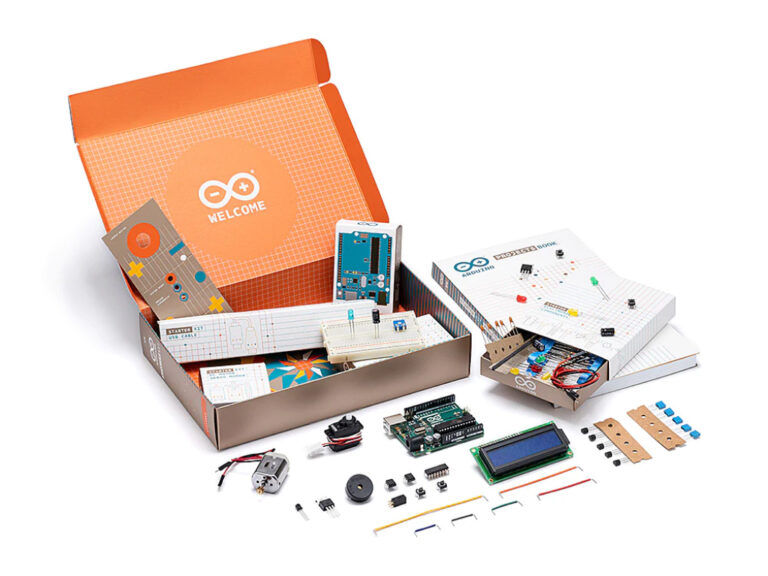Recovery is not a one-size-fits-all journey—and for many, access to help has long been hindered by geography, stigma, scheduling, or personal circumstances. But the rise of virtual recovery events is reshaping that narrative, offering a lifeline of support that transcends physical and social barriers.
Thanks to technology, recovery communities are no longer confined to church basements or treatment centers. Now, they exist in living rooms, bedrooms, and wherever there’s a screen and a Wi-Fi connection. For millions, this shift isn’t just convenient—it’s transformational.
What Are Virtual Recovery Events?
Virtual recovery events are online gatherings that support individuals struggling with addiction or in active recovery. These may include:
- Online 12-step meetings
- Webinars with mental health professionals
- Virtual speaker panels and storytelling events
- Sober social hangouts via Zoom
- Recovery retreats and workshops hosted online
- Online recovery conventions and summits
Accessible via phones, tablets, or computers, these events offer structure, connection, and inspiration—without requiring travel or public disclosure.
Why Accessibility Matters in Recovery
Access to recovery resources can mean the difference between relapse and long-term sobriety. However, many individuals face barriers such as:
- Living in rural or underserved areas
- Lack of transportation or child care
- Mobility issues or health challenges
- Busy work schedules or shift work
- Anxiety about attending in-person meetings
- Fear of being recognized in small communities
Virtual events remove many of these obstacles, making recovery support more inclusive and equitable than ever before.
The Benefits of Virtual Recovery Events
1. Geographic Inclusivity
People who live in remote or rural areas often have limited access to in-person support groups or treatment services. Virtual events allow them to participate in recovery communities without the burden of travel.
“I live hours away from the nearest AA meeting. Now, I attend one online every night without leaving home.”
— Terry, 14 months sober
2. Anonymity and Privacy
Attending a recovery event from the privacy of one’s home helps individuals overcome the fear of being seen or judged. This is especially important for high-profile individuals, people in small towns, or those who are just beginning their journey and feel vulnerable.
3. Flexible Scheduling
Virtual events happen across multiple time zones and formats—morning meditations, lunchtime check-ins, evening meetings, and weekend retreats. This flexibility supports people with irregular work hours or family obligations.
4. Connection During Isolation
During times of crisis or global events (such as the COVID-19 pandemic), in-person meetings may not be available. Virtual platforms keep people connected when isolation can become dangerous.
They also help maintain a sense of community and accountability—two key elements of sustainable recovery.
5. Cost-Effectiveness
Many virtual events are free or donation-based, reducing financial barriers. There’s no need to pay for transportation, lodging, or meals—making events more accessible for low-income individuals.
6. Global Perspectives and Diversity
Attendees of virtual events often come from diverse regions and backgrounds, exposing participants to new ideas, tools, and cultural perspectives on recovery. This global reach can deepen understanding and foster a richer recovery experience.
Types of Virtual Recovery Events and Platforms
- Zoom Meetings – Used widely by AA, NA, SMART Recovery, and other groups for regular meetings.
- Facebook Live or YouTube Streams – Used for panel discussions, speaker stories, and educational talks.
- Webinar Platforms (like WebEx or GoToWebinar) – Used for structured workshops and CEU events.
- Virtual Conferences – Annual events hosted online for professionals and those in recovery alike.
- Clubhouse/Discord – Used by some for real-time audio conversations in more casual formats.
Challenges and How to Overcome Them
While virtual events offer many advantages, they aren’t perfect. Challenges include:
- Tech barriers – Not everyone has reliable internet or is tech-savvy.
Solution: Many groups provide tech tutorials and helplines. - Distractions at home – It can be hard to focus with family or noise around.
Solution: Encourage participants to set up a quiet, designated meeting space. - Less personal interaction – Some people miss the in-person hugs, handshakes, and after-meeting chats.
Solution: Host breakout rooms, chat-based sharing, or follow-up calls.
Real Impact: Stories from the Virtual Frontlines
- Cynthia, a single mother in recovery, says virtual meetings helped her stay sober while caring for two young children.
- Sam, a college student, found a niche online support group for LGBTQ+ individuals in recovery, which wasn’t available in his local area.
- Victor, who has mobility issues, finally felt like he belonged when he joined a virtual men’s recovery circle that met weekly.
Final Thoughts: Connection Without Borders
Virtual recovery events prove that support doesn’t need to be bound by geography, income, or stigma. They open doors for millions who might otherwise feel trapped in silence and isolation.
By making recovery more accessible, these digital spaces are not just a temporary solution—they’re a permanent expansion of what’s possible.
In a world where connection is key to healing, virtual recovery events are not just helpful—they’re essential.






